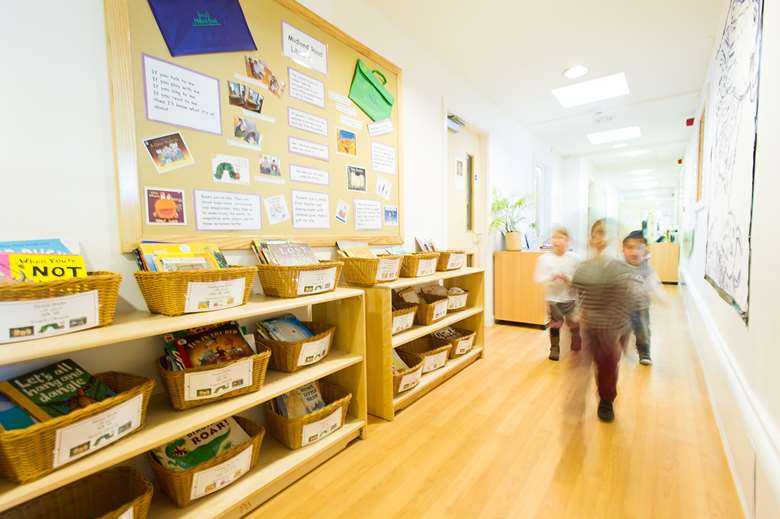Survey to look at how nurseries routinely feed and clothe children
Charlotte Goddard
Friday, June 7, 2019
Early Education is undertaking research which it hopes will shine a light on the day-to-day impact of poverty on the work of early years settings, informing local and national policy.

A survey, which closes on June 30, is gathering information on the ways in which early years providers are taking on additional work because of poverty.
These range from providing food and clothing, making washing machines available, supporting parents with their benefits claims, helping parents find employment, and even providing transport to and from the setting.
'The rising levels of poverty in the UK, particularly among our youngest children, are a national scandal,' said Professor Cathy Nutbrown, president of Early Education.
'The survey will help us understand a little more about the work that people working in early years setting are doing, in addition to their role in supporting children's learning and all round development. The current climate of poverty has increased the work settings do and we'd like to have a fuller sense of the extent of these additional, inescapable, responsibilities.'
Professor Nutbrown added, 'Hungry children are often emotionally distressed and their physical development, and their learning is affected. This aspect of early years professionals’ work is growing: food banks, clothes banks, and now shoe banks are to be found in settings.
'We will use the findings to inform policy makers - local and national - of what is happening and to continue to argue for the elimination of the poverty facing some four million children and their families.'
Sharon Hogan, Early Education trustee and acting executive headteacher at three Bradford nursery schools, said one of her settings had used its own budget to pay for a taxi to get children to nursery so they could access their free nursery education place, after their asylum-seeking family had been rehoused in an area with no nursery provision.
Another had provided free childcare for the sibling of a child whose parent was ill, as otherwise the family could not manage hospital appointments. 'We know from data and anecdotally that things are getting harder and harder for our families,' she said. Ms Hogan’s settings routinely collect data on the support needs of families.
The Household Below Average Income data for 2017/18 found that absolute poverty has risen by 200,000 to 3.7 million children.
'If Government is serious about improving social mobility, it needs to tackle the root causes of child poverty,' said Professor Nutbrown. 'In the meantime, it needs to ensure that early years providers on the frontline of supporting children and families in poverty are properly resourced.'
Early years pupil premium is a third of the rate of pupil premium in schools, and disadvantaged nursery-age children are only eligible for free school meals if they attend a school nursery for a full day: those who attend for half a day or attend PVI settings are not eligible.
Early Education’s research comes on the back of a report from the Centre of Research in Early Childhood, which found Birmingham nursery schools contribute more than £11.5 million a year more than they receive in funding, including feeding and clothing children.




